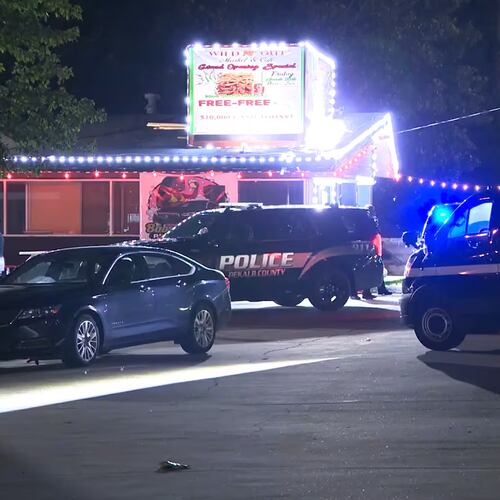City Schools of Decatur is waiting on a final report from its COVID 19 Stakeholder Planning Committee, possibly coming as early as Friday (Nov. 20) and expected to help determine when district students can return to the classroom.
It’s still undecided on a release date for those findings, but in a recent interview Superintendent David Dude indicated it should happen before Thanksgiving (Nov. 26).
Earlier this month the school board delayed in-person learning to “a date to be determined, no earlier than Jan 5.” Out of 181 Georgia school districts, CSD is one of a few (the precise number is uncertain, possibly a dozen), including DeKalb County and Atlanta Public Schools, still 100 percent virtual.
“I would love to have the kids back in school by Jan. 5, and I think everyone would,” Dude told the AJC. “The question is whether we can do it safely for them and our employees, and right now I don’t know the answer to that.”
The committee is a large one, with roughly 80 members including doctors, pediatricians, epidemiologists and several CSD staffers.
Besides waiting on their report CSD is asking the community to choose one of four preferences: 1) I’d like my child to return in in person? 2) I want to remain virtual; 3) I’d like to return in person but can remain virtual if needed; 4) I’d like to remain virtual but can return in person.
During the last two board meetings (in Oct. and on Nov. 10) roughly 70 parents have delivered often scathing public comments, with opinion nearly split down the middle between favoring in person or virtual.
“Whatever plan we make, we will still have an option for people who want to stay virtual,” Dude said. “That is, students will have a choice once we decide to go back in person. But staff is not so clear cut. For the most part we need our staff [returning in person] in order to provide our services. We need to work through the accommodations for those [staffers] who can’t come back.”
He added that most teachers favor returning, including those who were initially on the fence but have since been approved for additional classroom accommodations like protective equipment and plexiglass.
“We’re down to maybe five teachers who have a medical need that precludes them from being in person,” Dude said. “Those are the ones that we will try to figure out how we can keep virtual full time [through the pandemic], but it’s a fairly small number.”
About the Author
Keep Reading
The Latest
Featured



